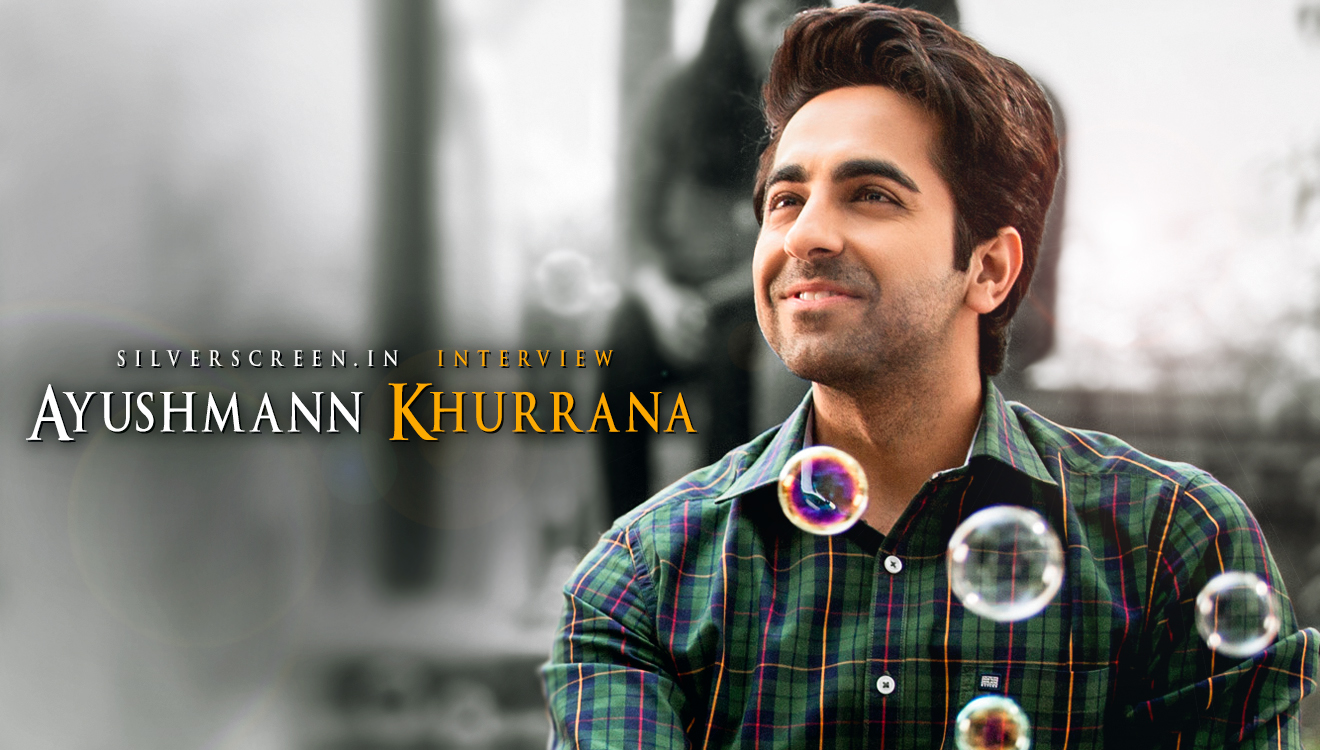Anikha Surendran, the actor who shot to fame for her role as a child artist in the Tamil film Yennai Arindhaal (2015) alongside actor Ajith Kumar, issued a clarification after an allegedly morphed video that showed her dancing provocatively went viral on social media.
In her video statement, the 16-year-old actor said, “I usually don’t do this but there has been a small incident because of which I have come here. For a past few days, I have been seeing this adult video of me on social media, dancing in a black dress. It is not me, obviously, and I think the video is morphed. People have been sending that to me and I have seen it and to be honest, it has been bothering me.”
anikha surendran about leaked video… its not her… she request all help delete from online… support @anikhaoffl_ #anikhasurendran #anikha #anika #anikasurendran #babyanikha #AjithKumar #valimai #viswasam #nayanthara #vijay #MasterFilm pic.twitter.com/fdj9iAzbCb
— NatiPrapancham (@NatiPrapancham) January 10, 2021
Naming a few YouTube channels on which the video was posted, Anikha said that the morphing was “done very well” that even she believed it to be her. She said that she has taken action to take it down and said that it was “not a very nice thing to see”.
Urging everyone to stop the “harassing behaviour”, she asked people to report the video.
Anikha, who was last seen in the Tamil biographical web series Queen which was loosely based on late politician J Jayalalithaa, is working in the upcoming Tamil drama film Maamanithan starring Vijay Sethupathi.
A bigger picture
Recommended
Anikha’s reportedly morphed video could be an example of deepfakes. Also known as synthetic media, deepfakes are produced by synthetic means, which are manipulated and modified by automated means. These types of content are created with the aim to misinform or mislead people from the information that the original source intended to convey.
The term was first coined by a Reddit user, who created a Reddit forum of the same name on November 2, 2017, to create and use deep learning software for synthetically face-swapping female celebrities into pornographic videos.
According to a 2019 report by Deeptrace, an Amsterdam-based company that researches on deepfakes and computer vision technologies for the detection and online monitoring of such media, there are about 14,678 deepfake videos online. A total of 1% of the subjects featured in deepfake pornography videos were female actors and musicians.
With over 20 deepfake creation community websites and forum, most of them are located on deepfake pornography websites and established forum-based websites, including Reddit, 4chan, 8chan, and Voat. This kind of content is mostly done through apps, service portals and individual deepfake creators.
Other examples

On Christmas Day 2020, a deepfake video of Queen Elizabeth was created and aired by Channel 4, that created a realistic-looking UK monarch delivering a speech to address the festive period. While according to a report by BBC, the broadcaster said that the video was created to give a “stark warning” about fake news during the digital era, commentators said the video was “disrespectful” and in “poor taste”. Following this, over 200 people complained about the video to the UK’s media watchdog Ofcom.
In India, journalist Rana Ayyub became a victim of deepfake imagery, where her face was morphed in pornographic clips. The video came to light after the journalist voiced her opinions in the Kathua minor gang rape case. The journalist, who is a critic of the BJP-led government at the Centre, wrote on HuffPost, “I started throwing up. I just didn’t know what to do. In a country like India, I knew this was a big deal. I didn’t know how to react, I just started crying. I asked him why it was circulating within political circles and he told me people within the party had been passing it on.”
The Huffpost report added that fake tweets were circulated that made it appear that it was tweeted from the journalist’s verified handle.



